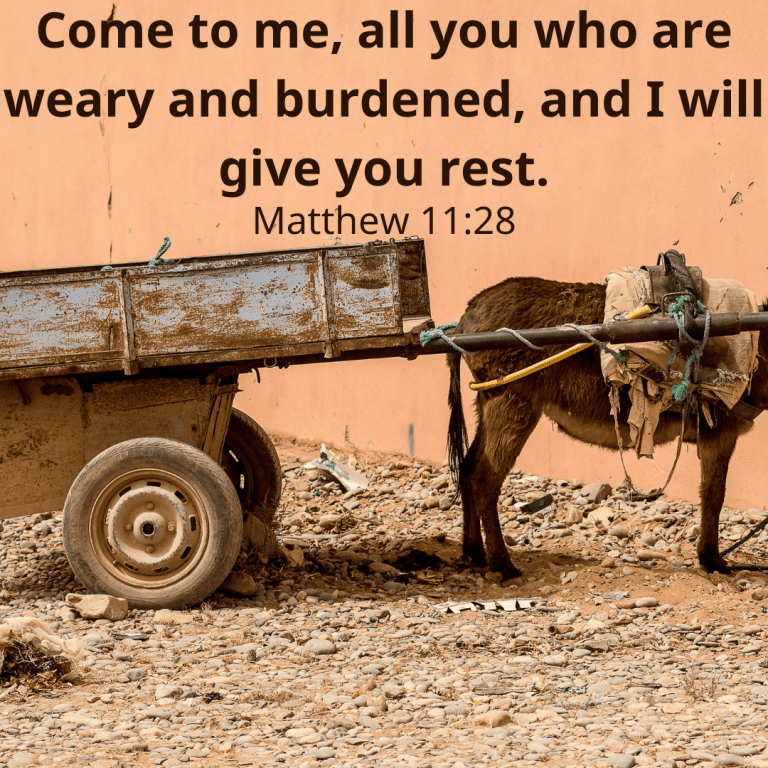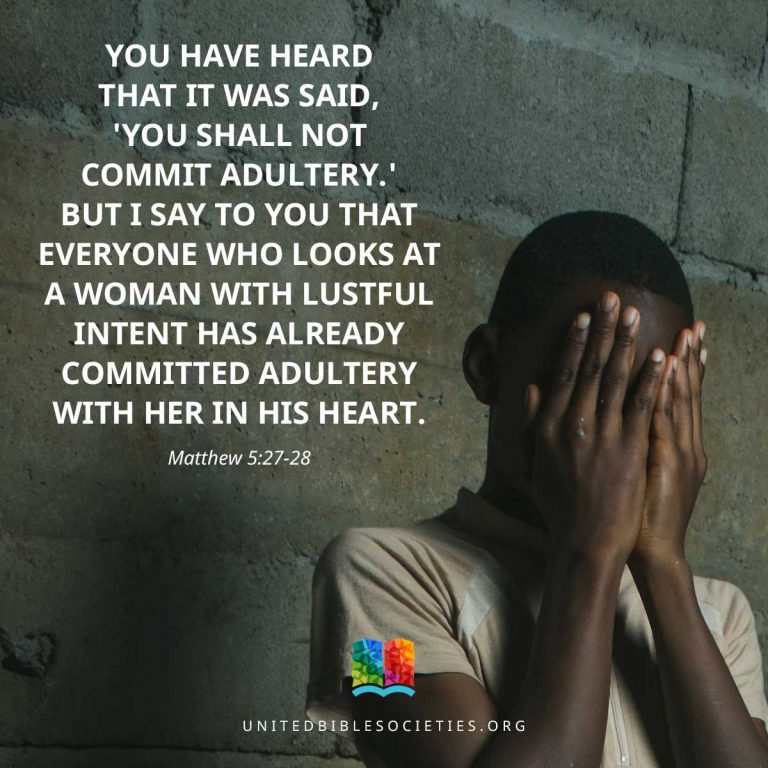Uti Musa ro
1 Tu gi ana si mano aza orivoya ni 'bakala Lewe ro yasi gye toko teni 'bakala modo ndaro ro yasi. 2 Anya ti ŋgwaagoro te ndäri; ago ondro anya kondre ŋgwa se ana liŋgyi tawi oko, anya da'do nda te imbana nätu. 3 Ago ondro anya ni kote nda da'done madaro oko, anya 'di koṛiga teni äjäyi yasi ago ndrute äṛize si, ndi anya 'ba ŋgwa se ana te kigye ago da'dote okyi se golo kalasi ana lako. 4 Endreŋwa ŋgwa ana ro edrete fere lozo, tase aza koyebe a'done ndäri ana ondrene.
5 Ŋguti 'bädri'ba ro ikyite lasane golo ya, ago ruindu'bai anyaro 'ditokoro 'deyigwo ugu abane golo kalasi. Anya ndre koṛiga te okyi lako ago zo ruindu'ba anyaro aza te ezine. 6 Ondro anya kupi drina te oko anya ndre ŋgwaagoro te kigye. Nda ka ugu liyi, ago ya anyaro ni te lomvoigye ago atate ekye: “Ono orivoya alo aza ŋgwai Ebere'bai ro owo.”
7 'Dooko endreŋwa ŋgwa se ana ro eji ŋguti 'bädri'ba rote ekye: “Inye'do milena gi'da märi lekye'ba aza usune ni 'ditoko Ebere'bai ro lakosi keca ŋgwa se ono robe miri ya?” 8 Ŋguti 'bädri'ba ro zatadrite ekye: “Nyoyi.” Ndi ŋgutiŋwa se ana mute ago ezi endre ŋgwa se ana ro modona te. 9 'Dooko ŋguti 'bädri'ba ro atate toko se ana ri ekye: “Miru ŋgwa ono, nyeca nda märi, ago mozona päläti miro 'da.” Ndi toko se ana ru ŋgwa se ana te ago eca nda te. 10 Ondro ŋgwa se ana kombate oko, toko se ana ezi nda te ŋguti 'bädri'ba ro ri, ago nda a'dote ŋgwa anyaro, ago anya zi ävuru ndaro te Musa, tana anya ekye: “Mewe nda teni gyi yasi.”
Musa Mute Midiana ya
11 Ondro Musa kombate 'desi oko, nda oyite lidri ndaro Ebere'bai täkyine tu alo aza si, ago ndre rueza ànyaro te. Ago nda ndre Ezipeto'ba aza te, ka Ebere'ba aza o'bi, se ni alo aza lidri ndaro ro. 12 Ago Musa kondre vote gbikyi oko, nda ndre 'diaza kote, ndi nda fu Ezipeto'ba se ana te, ago ku avona te siŋgwa ya. 13 Ago ondro nda kogo koyi kpate lau tu ṛiri aza si ädrupii ndaro täkyine oko, nda ndre Ebere'bai ritu te ruufuvoya; ago nda atate nda se koye ta be koziro ana ri ekye: “Nya ädrupi miro Ebere'ba ro oyena gwo inye etaya?” 14 Mano ana zatadrite ekye: “A'di 'ba mi ni opi ro ago vureope'ba ro ämädri ya? Inye'do mile kpa ma ufune oso mifu Ezipeto'ba ana be ronye ya?” 'Dooko Musa a'dote turituriro, ago usutavote ekye: “Endaro tase mayebe ono lidri nite.” 15 Ondro 'bädri'ba keri tana te oko, nda lete Musa ufune.
Oko Musa mute ni 'bädri'ba risi ago nda oyite orine 'bädri Midiana roya, ago ri te koro kala. 16 Yitero kohani Midiana ro orivoya ndiriŋwa be njidrieri; ago ànya ikyite ago ndiyi gyi te, ago soyite karaṛi ya koronyai 'ba ro täpi ànyaro ro ri. 17 Oko lekye'bai azaka esayite ago njayi ndiriŋgwa Yitero rote pere. 'Dooko Musa ŋgate ndi pa ànya te ago so gyi te koronyai 'ba ro ànyaro ri. 18 Ago ondro ànya kogo kesayite täpi ànyaro re oko, nda atate ànyari ekye: “Ondro nyègogwo kyeno ya?” 19 Ànya zayitadrite ekye: “Ezipeto'ba aza pa ama teni lekye'bai azi ri, ago ndi gyi kpate ämäri, ago so kpate koronyai 'ba ro amaro ri.”
20 Yitero atate ndiriŋwa ndaro ri ekye: “Nda gaŋwaro ya? Tana e'di nyè'be nda gwo niya? Mìzi nda tana nda konya ŋga robe ama be.”
21 Ta'dota Musa letadrite orine Yitero be, ago nda ozo ŋguti ndaro Zipora te ogyene Musa ri. 22 Ago Zipora ti ŋgwa te agoro, ago Musa zi ävuru ndaro te Geresoma, tana nda ekye: “Ma orivoya atra ro 'bädri ono ya.”
23 Ndroa amba vosi oko, 'bädri'ba Ezipeto ro drate. Caoko lidri Yisaraele ro a'dote 'du liyiliyi ro, a'do ànyaro iyeäṛi ro ana ro, ago liyiyite amba ta ŋgaopa rota, ago liyi ànyaro a'do ro iyeäṛi ro ana sate Lu re. 24 Lu eri liyi tusu ro ànyaro te, ago Lu yi tao'baro ndaro Abarayama, Yisika ndi Yakoba be ana tana te. 25 Lu ndre lidri Yisaraele rote ago nda ni ori se ànya kayibe ori iyeäṛi ro ana te.
Moses Is Born
1 A man from the Levi tribe married a woman from the same tribe, 2 and she later had a baby boy. He was a beautiful child, and she kept him inside for three months. 3 But when she could no longer keep him hidden, she made a basket out of reeds and covered it with tar. She put him in the basket and placed it in the tall grass along the edge of the Nile River. 4 The baby's older sister stood off at a distance to see what would happen to him.
5 About that time one of the king's daughters came down to take a bath in the river, while her servant women walked along the river bank. She saw the basket in the tall grass and sent one of them to pull it out of the water. 6 When the king's daughter opened the basket, she saw the baby crying and felt sorry for him. She said, “This must be one of the Hebrew babies.”
7 At once the baby's older sister came up and asked, “Do you want me to get a Hebrew woman to take care of the baby for you?”
8 “Yes,” the king's daughter answered.
So the girl brought the baby's mother, 9 and the king's daughter told her, “Take care of this child, and I will pay you.”
The baby's mother carried him home and took care of him. 10 And when he was old enough, she took him to the king's daughter, who adopted him. She named him Moses because she said, “I pulled him out of the water.”
Moses Escapes from Egypt
11 After Moses had grown up, he went out to where his own people were hard at work, and he saw an Egyptian beating one of them. 12 Moses looked around to see if anyone was watching, then he killed the Egyptian and hid his body in the sand.
13 When Moses went out the next day, he saw two Hebrews fighting. So he went to the man who had started the fight and asked, “Why are you beating up one of your own people?”
14 The man answered, “Who put you in charge of us and made you our judge? Are you planning to kill me, just like you killed that Egyptian?”
This frightened Moses because he was sure that people must have found out what had happened. 15 When the king heard what Moses had done, he wanted to kill him. But Moses escaped and went to the land of Midian.
One day, when Moses was sitting by a well, 16 the seven daughters of Jethro, the priest of Midian, came up to water their father's sheep and goats. 17 Some shepherds tried to chase them away, but Moses came to their rescue and watered their animals. 18 When Jethro's daughters returned home, their father asked, “Why have you come back so early today?”
19 They answered, “An Egyptian rescued us from the shepherds, and he even watered our sheep and goats.”
20 “Where is he?” Jethro asked. “Why did you leave him out there? Invite him to eat with us.”
21 Moses agreed to stay on with Jethro, who later let his daughter Zipporah marry Moses. 22 And when she had a son, Moses said, “I will name him Gershom, since I am a foreigner in this country.”
23 After the death of the king of Egypt, the Israelites still complained because they were forced to be slaves. They cried out for help, 24 and God heard their loud cries. He did not forget the promise he had made to Abraham, Isaac, and Jacob, 25 and because he knew what was happening to his people, he felt sorry for them.


